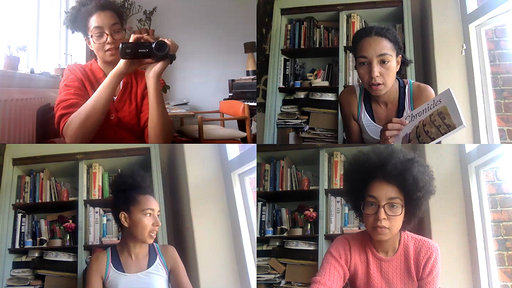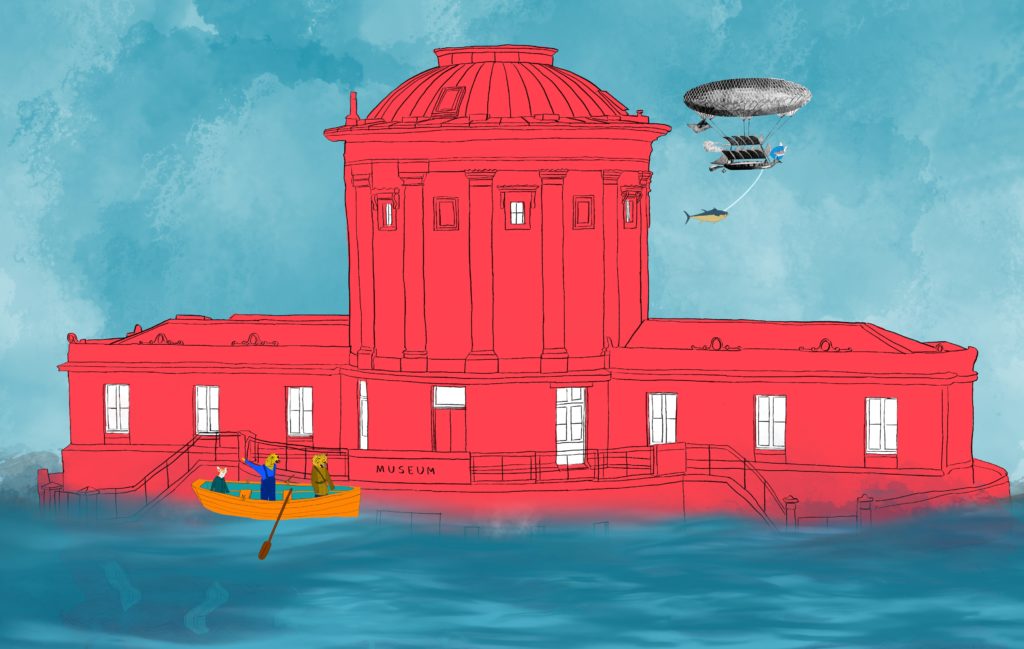
THE plight of rare and extinct animals has inspired a new animated film by Lucy Carruthers for Scarborough Museums Trust’s series of lockdown digital commissions.
Animal Archives: Re-wilding The Museum presents a playful exploration of what might happen if assorted animals and birds in the Scarborough Borough Collection were to escape and return to the wild.
The short animation – just over two minutes in length – can be viewed on the trust’s YouTube channel at http://bit.ly/YouTubeSMT from Tuesday, July 28.
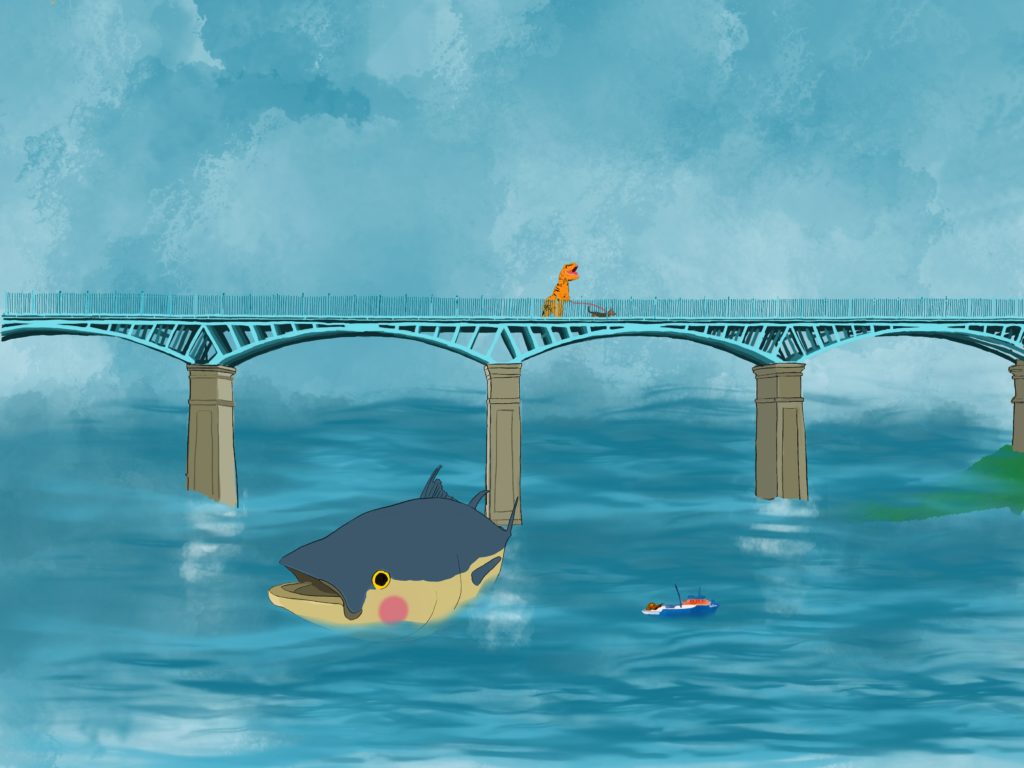
Carruthers’ film follows the adventures of all manner of creatures, ranging from a fox, a tiger, a jaguar and an aardvark to a tunny/tuna fish, a pair of great bustards, a Floreana Island tortoise and a Captain Cook’s bean snail.
During lockdown, all of them escape the confines of the trust’s stores at Woodend and the Rotunda Museum to “re-wild” themselves via Scarborough Art Gallery.
Lucy says: “Animal Archives is based on observations and speculations about Scarborough’s natural history collection. The historical extraction of species and the current wildlife trade have been at the forefront of my mind in relation to the pandemic. How do we view the natural world during lockdown and will it become normal to see animals roaming the streets?
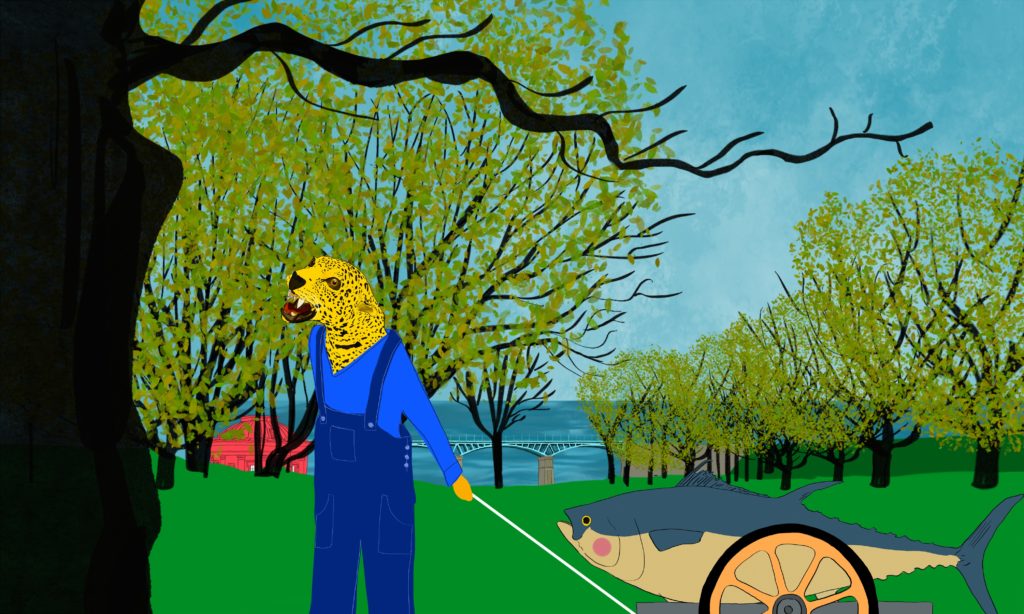
“This animation portrays the relationships between the species and the place they inhabit, with underlying themes of extinction and conservation, but in a playful and accessible way, which I hope will inspire curiosity.
“Re-examining the collection and sites, through a climate and ecological lens, I wanted to explore how could we better understand our shared environment, and what stories could encourage empathy for a more compassionate multi-species co-existence.”
Suitable for all ages, Animal Archives aims to be accessible to everyone: the film is captioned and boasts a narrated soundtrack, for those who might find this helpful.
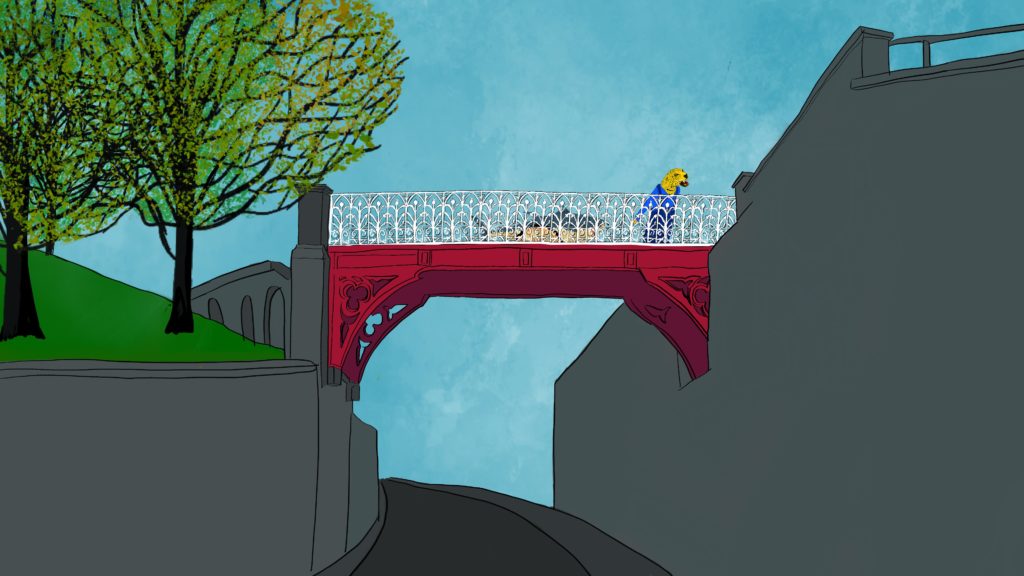
Carruthers has created her animation in collaboration with London design and animation studio Silver Machine Studios; Dan Savage, of DS Design and Sound, who spent many childhood summers building sandcastles on Scarborough’s beaches, has provided the narration and sound.
Describing herself as an “experiential designer”, Lucy Carruthers is a consultant for museums, exhibitions and visitor attractions, now at MET Studio Design. Formerly she was a senior designer at Event Communications, working with St Fagans National Museum of History in Cardiff, M Shed in Bristol and Scarborough’s Rotunda Museum, when it was restored and re-opened in 2008.
As a multi-disciplinary artist, she has curated alternative climate narratives through Floodprood and is co-director of Climate Museum UK.
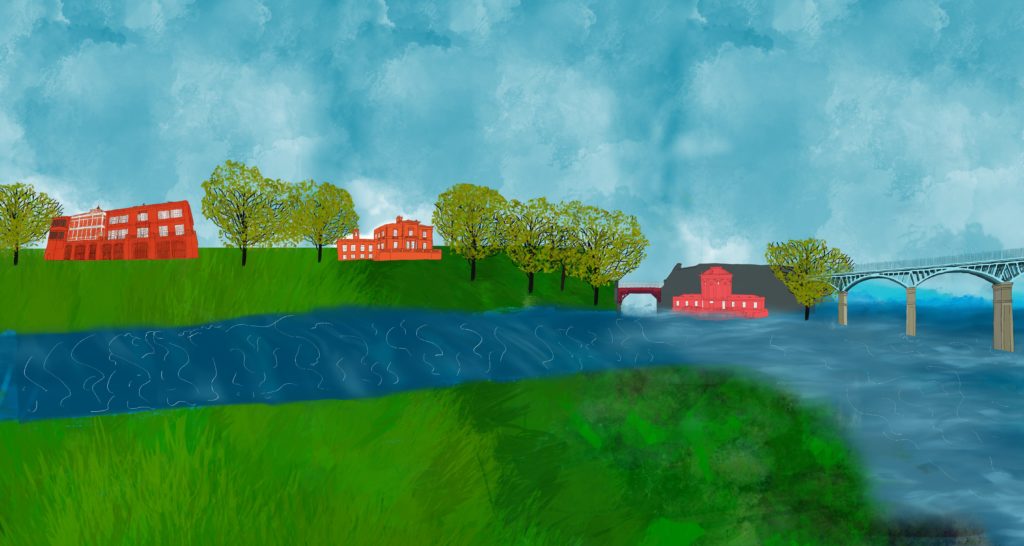
Animal Archives: Re-wilding The Museumis the latest digital commission from Scarborough Museums Trust as part of its response to the Coronavirus crisis. The trust has asked artists Kirsty Harris, Jane Poulton, Wanja Kimani, Feral Practice, Jade Montserrat, Lucy Carruthers and Estabrak to create digital artworks during the summer across a range of social media platforms.
The final piece, by Estabrak, will go online in August. All the others remain available to view and further Information on the commissions can be found at scarboroughmuseumstrust.com.
Scarborough Art Gallery and Woodend are open to the public again after lockdown easement. Entry to Scarborough Art Gallery (usually £3 for an annual pass) will be free throughout July; entry to Woodend will remain free. Scarborough Art Gallery is open from 10am to 5pm, Tuesday to Sundays; Woodend, 9am to 5pm, Mondays to Fridays, and 10am to 4pm, Saturdays and Sundays.
Scarborough Museums Trust hopes to announce re-opening plans for the Rotunda Museum soon.

